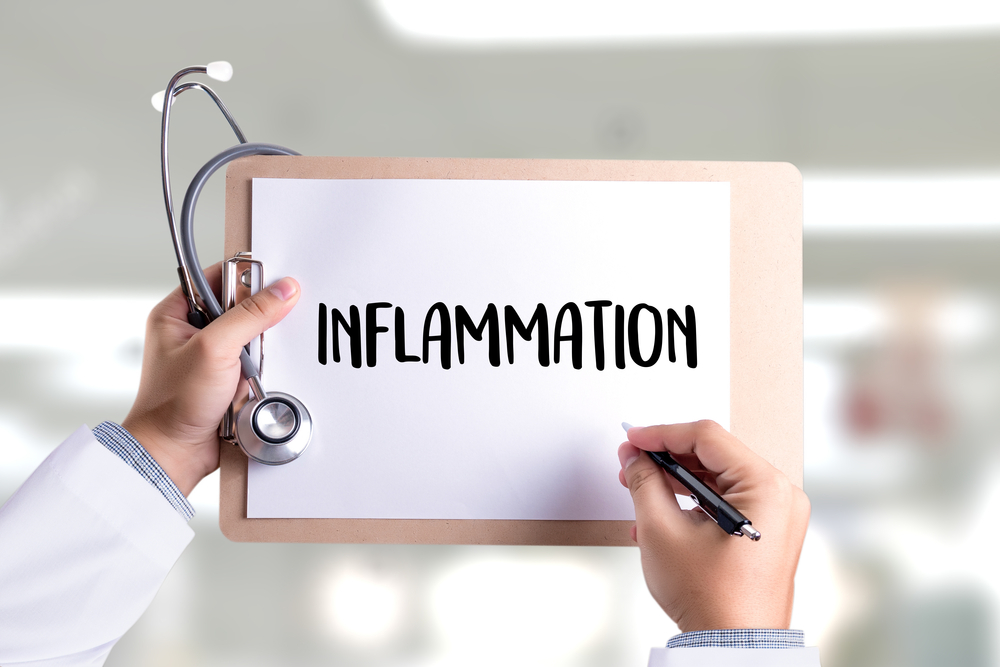
What Is Inflammation?
It’s a tricky process involving various cells and signaling proteins that protect the body from infection and foreign substances, like bacteria and viruses. This eruption helps the body produce white blood cells to fight infection.
An immune system may sometimes trigger an inflammatory response inappropriately, as is the case with autoimmune diseases. The body counteracts by attacking its own healthy tissues, acting as if they’re infected.
The chemicals increase blood flow to the injured areas, causing warmth and redness. These chemicals may also cause the leaking of fluids into tissues, which results in swelling. This defensive process can also stimulate nerves and tissues, which, you’ve guessed it: causes pain.
3 Basic Causes
The causes of inflammation are vast but can be primarily classified as:
- Biological: Including infections, diseases, and abnormal immune responses. This includes autoimmune diseases, atopy, allergies, and drug hypersensitivities.
- Chemical: Including poison, toxins, and alcohol
- Physical: Including injuries, burns, frostbite, or radiation exposure
All types of this issue can be acute or chronic. Acute inflammation is short-term, while chronic inflammation is long-lasting and possibly damaging. Now, let’s look at the signs you should watch out for!







